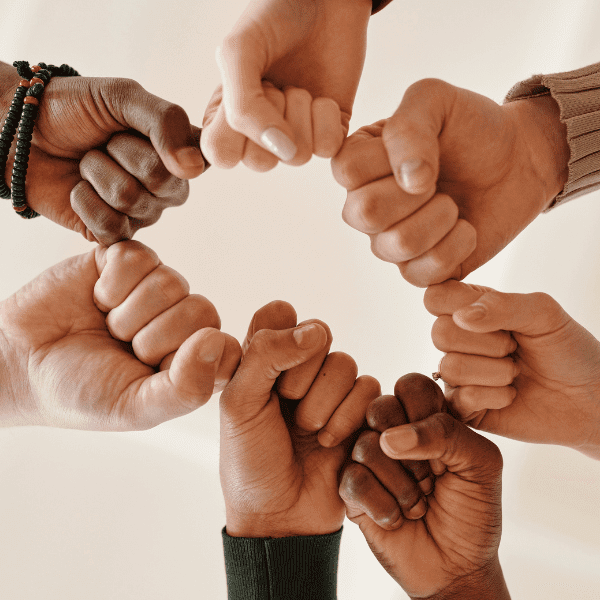Relationships strengthen processes

Recent Blogs
Not an attack, an act of accountability
Why AI won’t save a broken project
Belonging Before Performance: why culture eats capability for breakfast
You’re allowed to outgrow old versions of yourself
From Assigned to Accountable: Why title alone isn’t leadership
Leading in the Grey
Why Project Teams should start with curiosity, not connection
Unlearning is the leadership skill nobody talks about
Conflict handled well is a doorway to trust
As a project leader, you may often find yourself focusing on the technical aspects of your project, such as planning, delivery, and reporting. However, one critical yet often overlooked factor that has real impact on the success of your project is the strength of relationships among team members and stakeholders.
Strong relationships are not just about being friendly or getting along; they have a direct link with the efficiency and effectiveness of your project processes.
Let’s explore why relationships are essential to strengthening processes in a project setting.
1. Communication
Communication is the backbone of any project, and strong relationships among team members foster open and effective communication. When team members have a positive connection, they are more likely to share ideas, concerns, and feedback openly and honestly. This enables better collaboration and coordination among team members, leading to improved process efficiencies. Clear and open communication also minimises misunderstandings and conflicts that can otherwise hinder project progress and cause delays.
2. Trust
Trust is the foundation of strong relationships, and it plays a crucial role in strengthening project processes. When team members trust each other, they are more likely to rely on each other’s expertise and opinions, and this facilitates smoother decision-making and problem-solving. Trust also encourages team members to take ownership of their tasks and be accountable for their responsibilities, leading to increased productivity and efficiency. Moreover, when team members trust each other, they are more likely to share information and resources freely, which can further enhance the effectiveness of project processes.
3. Collaboration
Collaboration is a key element of successful project management, and strong relationships foster a collaborative work culture. When team members feel comfortable working together, they are more likely to actively collaborate, share ideas, and leverage each other’s strengths. This can lead to innovative solutions, streamlined processes, and quicker problem-solving. Collaboration also promotes a sense of ownership and accountability among team members, as they work together towards a common goal, which can greatly enhance the overall performance of the project.
4. Motivation
Motivated team members are more likely to put in their best efforts towards achieving project objectives. Strong relationships among team members create a positive work environment that fosters motivation and engagement. When team members feel supported and valued, they are more likely to be enthusiastic and committed to their tasks, leading to increased productivity and efficiency. Also, when team members have strong relationships, they are more likely to feel a sense of belonging to the team, which can boost their motivation to contribute to the success of the project.
5. Flexibility
Project management often requires adaptability and flexibility, as projects can encounter unexpected challenges and changes. Strong relationships among team members facilitate flexibility by promoting open-mindedness, mutual respect, and understanding. When team members have a good rapport, they are more likely to be receptive to new ideas, opinions, and feedback. This allows for quicker adjustments to changing circumstances and more efficient decision-making, which can help project processes stay on track even in the face of uncertainties.
6. Conflict Resolution
Conflict is inevitable in any team setting, and it can have detrimental effects on project processes if not handled properly. However, strong relationships among team members can help mitigate conflicts and facilitate effective resolution. When team members have built trust and a strong bond, they are more likely to engage in constructive conversations, listen to each other’s perspectives, and find mutually agreeable solutions. This can prevent conflicts from escalating, minimise disruptions to project processes, and maintain a positive work environment.
These six attributes – communication, trust, collaboration, motivation, flexibility, and conflict resolution are some of the key areas where strong relationships among team members can have real impact on project processes. As a project leader, fostering and nurturing positive relationships among your team members should be a priority.
How are you encouraging open communication, building trust, and promoting collaboration with your project team and stakeholders?
